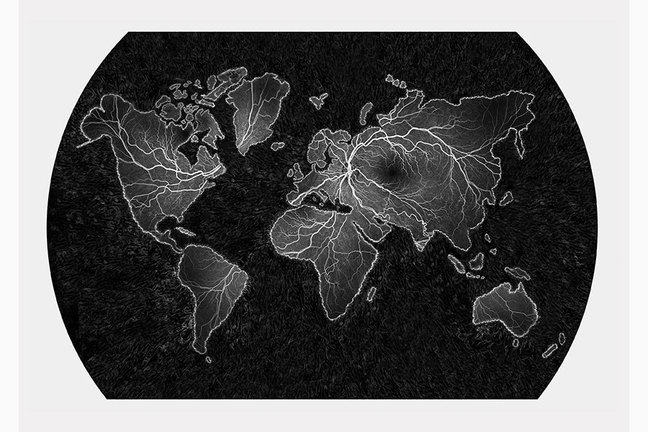
I am thrilled to have applied for the “Dialoguing Between the Posts 2.0” workshop entitled “(Im)possible Dialogue Between the Progressive Forces of the ‘Posts’”. The interactive workshop is organized by Sanja Petkovska and Špela Drnovsek Zorko, with generous support from the Centre for Cultural Studies and Connecting Cultures at the University of Warwick, and will be held on 15 June, 2019 in Belgrade at the Faculty of Political Sciences. My proposal for contributing is a general overview of my “Postcolonial Hungary” project, with a focus on the current political stakes and potentials of understanding Hungarian colonial discourse in a long-term historical perspective of semiperipheral world-systemic integration.
Abstract
Is there a postcolonial Hungary? While postcolonial studies have been preoccupied with the global economic center and periphery, the complex historical relations, experiences and epistemologies of Hungarian colonialism and imperialism have been remarkably silenced. This paper introduces the concept of semiperipheral post/coloniality to unfold Hungarian coloniality in the long-term historical context of integrating into the world economy, and offer a structuralist critique of constructivist approaches to postcolonialism. Hungarian semiperipheral integration articulated an uneasy and antagonistic in-between positioning dynamic: being colonizer but colonized, catching up to but contesting the center, bridging to but demarcating from the periphery. Historically, Hungarian colonialist-imperialist ambitions followed nationalist and global racial-civilizational aspirations, but pragmatically developed East-West in-betweenness and uneasy criticism against the imperialist West. After WWII, state-socialist anti-colonial solidarity contested geopolitical fault-lines and European Economic Community (1957) protectionism, but were driven by pragmatic, state-led foreign policy aims to lever East-West double dependency by opening to Afro-Asian decolonization. The postsocialist “return to Europe” and neoliberal “transition” silenced both anti-colonial critique and previous cultural-economic relations to the postcolonial world, resulting in “postsocialist amnesia”. After 2010, Orbán’s increasingly authoritarian “illiberal” turn repositioned Hungary in its “global opening”. Geopolitical maneuvering produced a new colonial discourse by positioning Hungary against the liberal, Atlantic-Western colonial-imperial center of the European Union, while constructing selective racial-civilizational demarcation from the periphery, and appropriating global colonial history for Hungarian victimization. The postcolonial identity politics of “we never had colonies” and “we will not become colonies”, and that globalization, multiculturalism and migration is the responsibility of former imperialists feeds the nationalist “defense” of sovereignty, but functions to readapt to ongoing hegemonic shifts in the world economy by exploiting Hungary’s silenced but complex experiences of coloniality. This paper explores the neglected long-term historical continuities and political stakes in the revival of this colonial discourse in current Hungarian politics.
© Copyright – Content is protected by copyright!
Citation:
Ginelli Z. (2019): Postcolonial Hungary: The Positioning Politics of Semiperipheral Post/Coloniality. Critical Geographies Blog. Link: /2019/05/19/postcolonial-hungary-the-positioning-politics-of-semiperipheral-post-coloniality